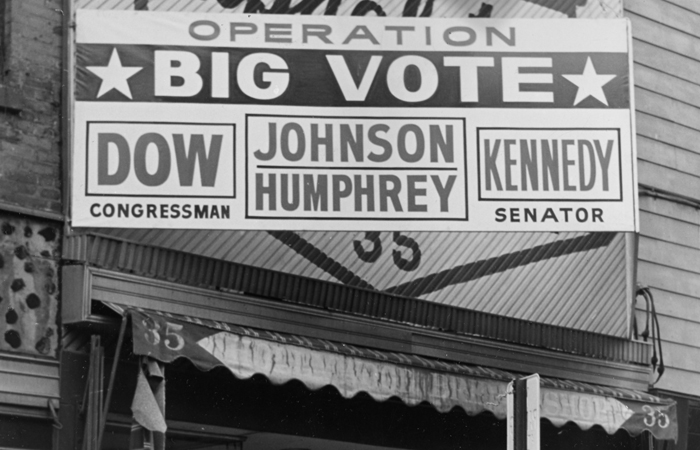Programs and Yearbooks, 1900-2003 0.66 cubic ft.
Programmes are titled by the Club's annual themes. Programmes and Yearbooks have a copy of the Club Song, list the paper titles and presenter's name, the names of officers and committee members, and a listing of all active members, associate members, nonresident members, honorary members, and members "in memoriam." Beginning in 1921, a list of reference books, or a bibliography associated with the year's theme, became a standard inclusion. Program Committee files describe the formulation of the yearly themes and the provision of direction and guidance for the subject of a member's paper. The Committee assigns the schedule where members commit to delivering a paper at a scheduled meeting.
